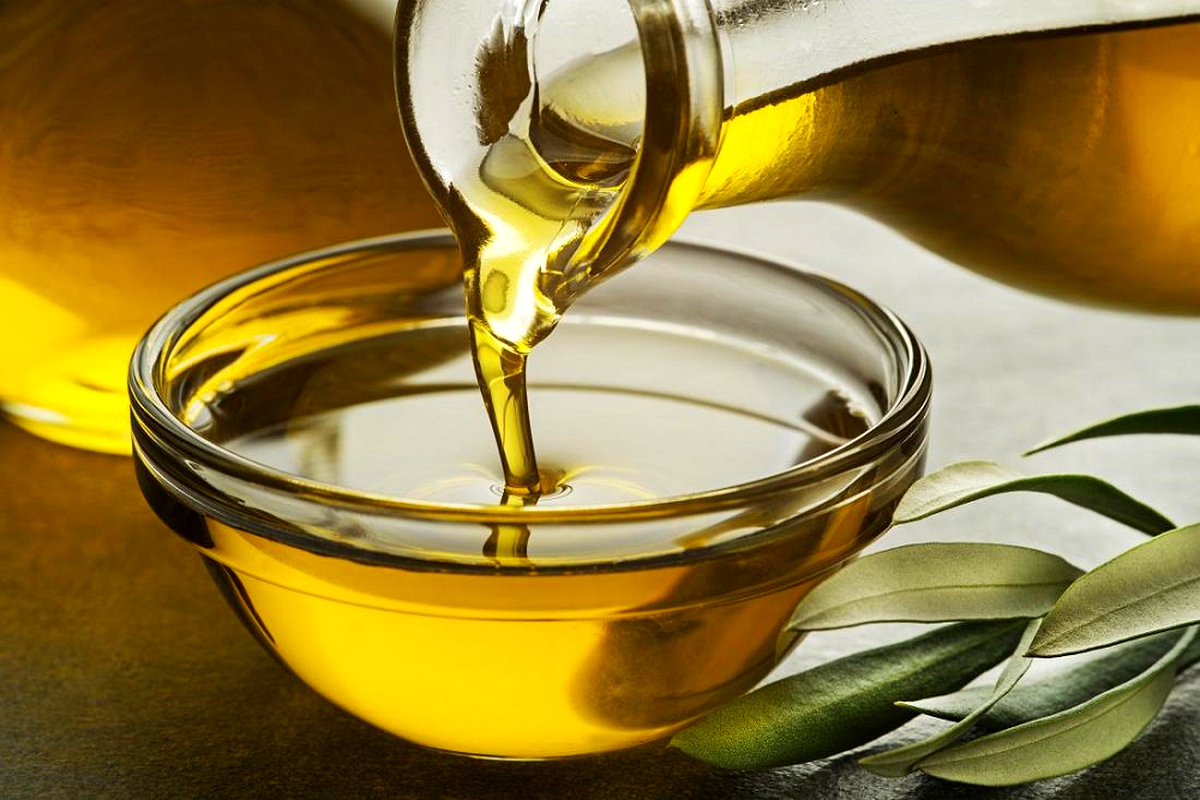LESOTHO has recorded massive price volatility in essential goods hurting mostly the poor, says Consumer Rights Protection Executive Director, Nkareng Letsie.
business
April 20, 2022
STAFF REPORTER
4 min read
Price volatility hurts the poor Basotho

Vegetable cooking oil
Story highlights
He said the volatile price increase was a result of global inflationary pressures as well as local disruptions and extreme weather events.
Cooking oil, wheat meal and tomatoes are among the items that registered the most volatility recently.
Mr Letsie said the COVID-19 pandemic also left many people unemployed as more than 10 000 factory workers lost jobs because factories shut down.
“This has had far reaching consequences because of the dependency burden in the country where one employed person has to take care of 10 people,” he said.
At the height of the pandemic, the price of some goods started to shoot up, making it difficult for consumers to cope with the capricious economic situation.
Mr Letsie said heavy rains would contribute significantly to the shortage of food in the country because the fields were water-logged during the planting season.
“Because of the heavy downfall, the country is facing a poor harvest because staple foods such as beans and maize have failed,” he said.
“The Russia and Ukraine war has added salt to the injury and it’s an undeniable fact that the war has had a devastating impact on the global economy.”
Like rest of the global countries, Mr Letsie said Lesotho was feeling the pinch of economic sanctions imposed on Russia, as consumers suffered.
Already, the wholesale price of cooking oil has seen several spikes this year, making it too expensive for consumers.
“Basotho should brace for more difficult times because of the soaring prices at an unprecedented rate,” said Mr Letsie.
He said Russia is one of the world’s major wheat producers, adding that embargoes on its other products including gas and crude oil spell more danger for the global community.
“The demand is high in the market while the supply is low and now the poor have to bear the brunt,” he said.
Advising on how the country could stay afloat amid the harsh economic situation, he said there were short and long term options that could be adapted.
Enjoy our daily newsletter from today
Access exclusive newsletters, along with previews of new media releases.
“The soaring food prices have to change the way people behave,” he said. “There is nothing exceptional that the country could do other than seeking some alternatives.”
He said consumers are forced to tap alternatives to navigate their ways out of this economic doldrums.
Mr Letsie warned that people should altogether stop or minimise the rate at which they use cooking oil when they cook, adding that instead of frying foods, they can boil them.
He noted that this could save people in their pockets and their lives as the fried foods usually cause unnecessary ailments.
Mr Letsie further advised people to also dry vegetables in order to preserve them for future use.
For the long term method, he said people should try to be self-sufficient and produce enough food to avoid dependency on other countries.
“It is bad that some politicians still do not understand what food security is all about,” he said.
“Lesotho is too dependent on South Africa for food to an extent that Lesotho would be doomed if that country failed to export.
“We could die of starvation,” he said. “Otherwise, Lesotho is blessed with fertile soils and can produce enough food to feed its people. It’s high time that Lesotho sought alternatives to do away with dependency.”
|
|
|
Tailored for you






